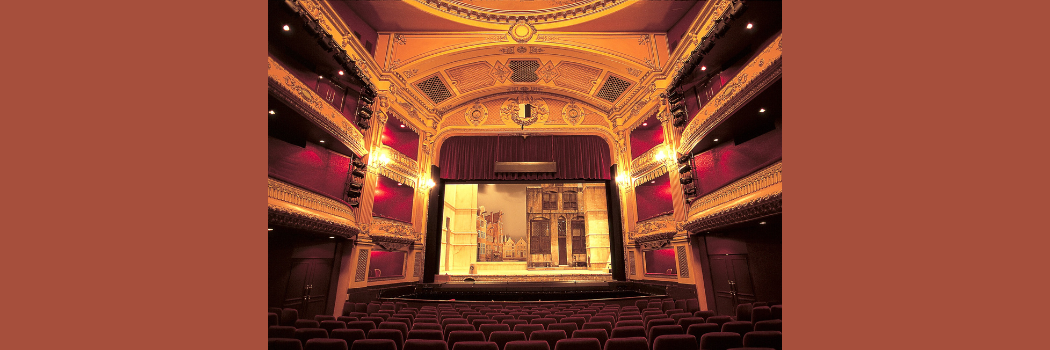
As part of World Voice Day, Dr Katherine Hambridge in our Music department explains how German nationalism led to the opera you know today.
What is your research about?
My research is about the idea of the German voice, and specifically the idea of the German operatic voice in the 19th century. Germany wasn't a unified nation until 1871; as part of the nationalist movement in the 19th century it became really important to establish a German operatic tradition, rather than importing popular Italian and French operas, in order to make the case for unification. A lot of people have studied composers who wrote operas in German but in my project I'm looking at singers whose voices were celebrated by critics as being German, and for whom the composers wrote. Part of my research will involve working with professional singers to try and recover what these historic singers who shaped German opera sounded like.
What sparked your interest in this particular topic?
What really interests me about my project is seeing the relationship between music culture and political movements and ideas, how they influence each other – and then, in particular, how ideas that can seem not just established but very natural or essential, like how people sing, are actually constructed by discussions in the press that define who/what sounds German or not, which then influence the way composers write for 'German' voices.
Can you explain more about the German singing voice and how that differs from other operatic traditions?
Patriotic writers obsessed with the idea of the German voice and German opera were reacting to the long-term popularity of Italian opera in German lands, and attempting to find something that was obviously different from the Italian tradition of singing. German writers often stereotyped Italian operatic voices (particular the voice of castrati, castrated man with a high-pitched voices who had been the stars of the 18th-century stage) as over-elaborate and effeminate, and used metaphors like trilling birds and insects, piccolos, and violins. The German voice was defined by critics against this stereotype; they favoured singers with large, loud, less flexible voices, who sang without ornamentation, more 'naturally'– and tried out all sorts of metaphors to describe it — horns, organ pipes, clarinets — in an attempt to make it German, heroic, and masculine.
Why was gender so important to German opera?
The caricature of the female opera singer now — a 'statuesque' woman in armour — can actually be traced to these efforts in the early nineteenth century: many of the women whose voices were celebrated as "German" earlier in the century had a celebrity persona that was characterised by their androgyny, whether it was their height and build, or their cross-dressing. Like the national symbols Germania and Britannia —armoured women—these androgynous women combined the "feminine" virtues of naturalness and purity with "masculine" qualities such as (military) strength, thus establishing German opera, and the aspirational nation as exceptional and heroic. So when we hear voices singing German opera now, we are hearing the result of quite a complex nineteenth-century process of shaping what the German operatic voice should sound like.






